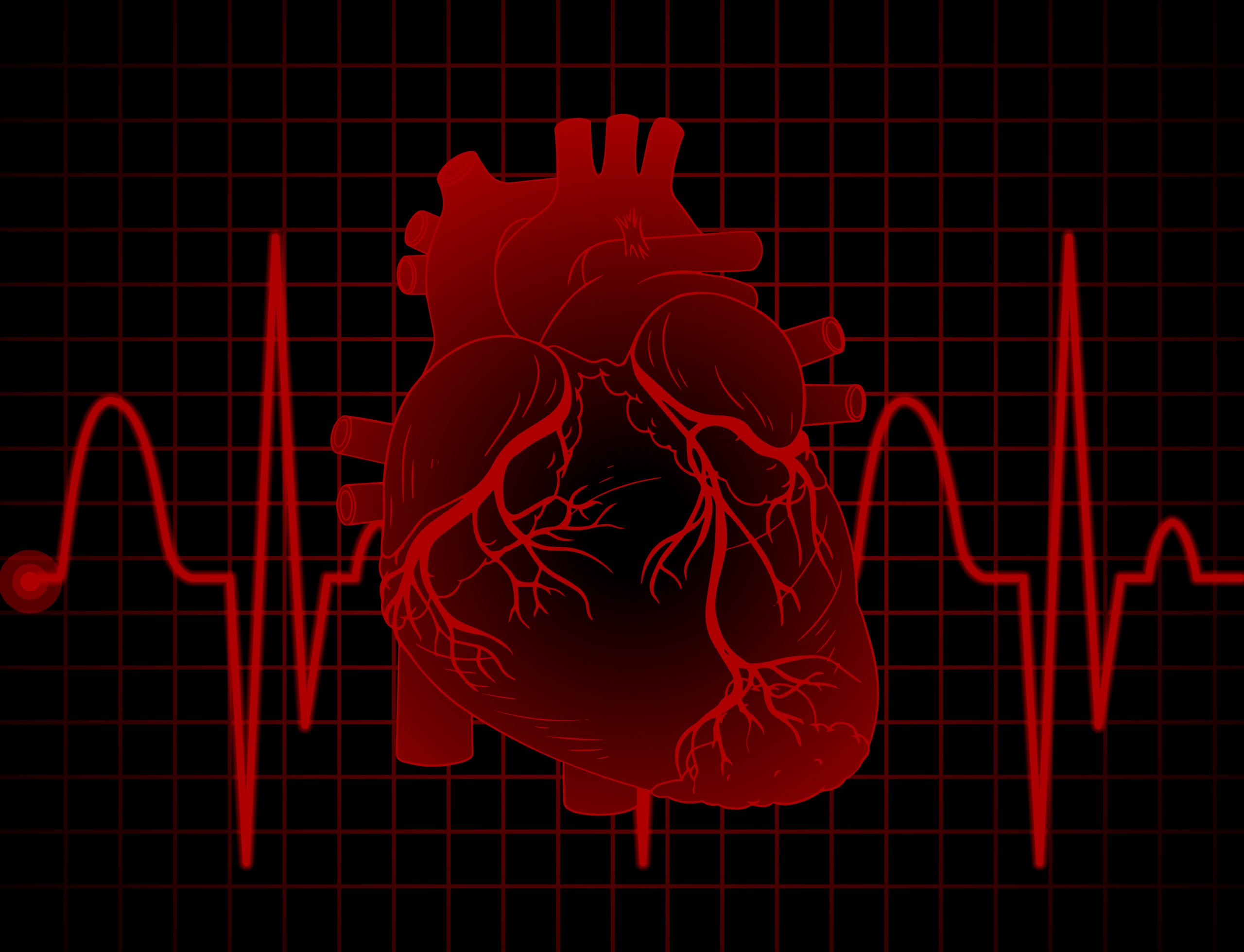

A standard bone density test for osteoporosis can also reveal an elevated risk of a heart attack due to the presence of calcium in the aorta. However, deciphering these images requires expertise and can take time.
According to new study from a multi-institution cooperation, including Harvard Medical School and Hebrew SeniorLife, this calcification test score may be determined fast using machine learning, eliminating the need for a person to analyze the scans.
“This development paves the way for use in routine clinical settings with little or no time to generate the useful calcification score that predicts heart attacks,” said Douglas Kiel, HMS professor of medicine and director of the Musculoskeletal Research Center at Hebrew SeniorLife and an author on the paper.
Abdominal aortic calcification (AAC) assessment using bone density machine pictures is time-consuming and requires meticulous training. As a result, when these images are collected in clinical practice, AAC grading is not commonly conducted. The ML-AAC-24 machine-learning algorithms for AAC assessment were created, verified, and tested in a real-world scenario utilizing a registry study of 8,565 older men and women. Greater ML-AAC-24 scores were related with a significantly increased risk of cardiovascular disease and a worse long-term prognosis.
“During DXA scans obtained for bone-mineral density testing, vascular calcification of the aorta can be seen and quantified. This study developed a machine-learning algorithm to automatically determine the severity of the calcification that corresponds closely with the manual reading that is far more time-consuming to perform,” said co-first author Naeha Sharif of Edith Cowan University in Australia.
more recommended stories
 Pediatric Crohn’s Disease Microbial Signature Identified
Pediatric Crohn’s Disease Microbial Signature IdentifiedKey Points at a Glance NYU.
 Nanovaccine Design Boosts Immune Attack on HPV Tumors
Nanovaccine Design Boosts Immune Attack on HPV TumorsKey Highlights Reconfiguring peptide orientation significantly.
 High-Fat Diets Cause Damage to Metabolic Health
High-Fat Diets Cause Damage to Metabolic HealthKey Points Takeaways High-fat and ketogenic.
 Acute Ischemic Stroke: New Evidence for Neuroprotection
Acute Ischemic Stroke: New Evidence for NeuroprotectionKey Highlights A Phase III clinical.
 Statins Rarely Cause Side Effects, Large Trials Show
Statins Rarely Cause Side Effects, Large Trials ShowKey Points at a Glance Large.
 Anxiety Reduction and Emotional Support on Social Media
Anxiety Reduction and Emotional Support on Social MediaKey Summary Anxiety commonly begins in.
 Liquid Biopsy Measures Epigenetic Instability in Cancer
Liquid Biopsy Measures Epigenetic Instability in CancerKey Takeaways Johns Hopkins researchers developed.
 Human Antibody Drug Response Prediction Gets an Upgrade
Human Antibody Drug Response Prediction Gets an UpgradeKey Takeaways A new humanized antibody.
 Pancreatic Cancer Research: Triple-Drug Therapy Success
Pancreatic Cancer Research: Triple-Drug Therapy SuccessKey Summary Spanish researchers report complete.
 Immune Cell Epigenome Links Genetics and Life Experience
Immune Cell Epigenome Links Genetics and Life ExperienceKey Takeaway Summary Immune cell responses.

Leave a Comment